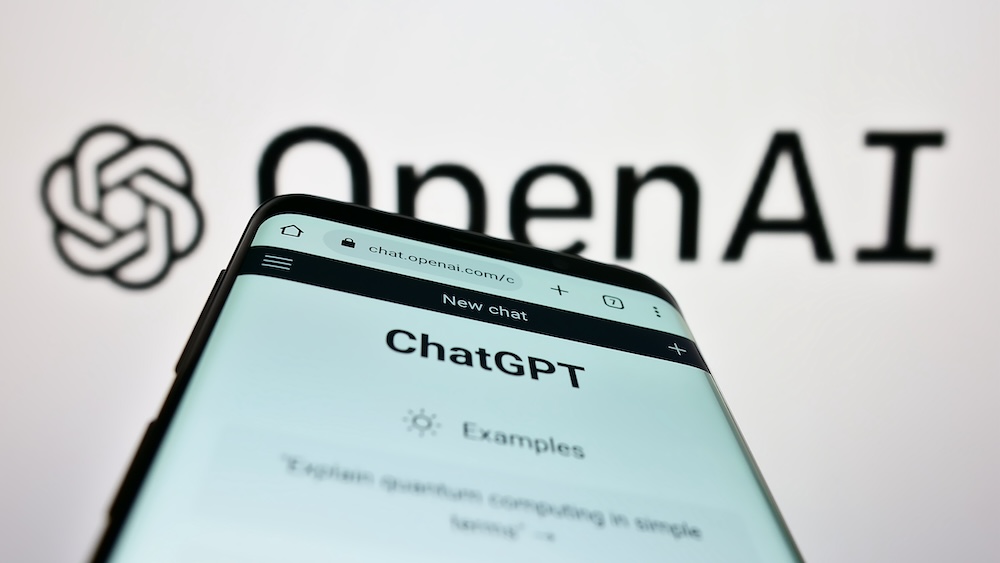Table of Contents
OpenAI was founded on December 11, 2015, by eleven people, including Sam Altman (CEO), Elon Musk (initially a co-chair), Greg Brockman (President), Ilya Sutskever, John Schulman, Wojciech Zaremba, Trevor Blackwell, Vicki Cheung, Andrej Karpathy, Durk Kingma, and Pamela Vagata. The organization started as a nonprofit to develop artificial intelligence to benefit humanity. It received a commitment of $1 billion, but it collected only $130 million by 2019. Key investors included Sam Altman, Elon Musk (the biggest donor), Reid Hoffman, Jessica Livingston, Peter Thiel, Amazon Web Services, and Infosys. OpenAI initially operated from Brockman’s living room before moving to its headquarters in San Francisco.
In 2016, Microsoft showed interest in OpenAI. They proposed a $60 million computing deal. Musk opposed this because he felt it would make OpenAI too dependent on Microsoft. Sam Altman changed the proposal to $50 million, removing the requirement for OpenAI to promote Microsoft’s products, and Musk agreed but wanted Microsoft not to mention the deal in their marketing.
Elon Musk’s vision for OpenAI differed from Sam Altman’s. Musk wanted to lead the organization, focusing on transparency and open-source principles.
In 2018, Musk proposed that Tesla buy OpenAI to integrate its work with Tesla’s technology. Other board members rejected this idea, believing it would hurt OpenAI’s independence. Afterward, Musk distanced himself and resigned from the board in 2018 but continued to donate until 2020.
Under Sam Altman’s leadership, OpenAI shifted away from being a nonprofit. They said they needed more funding to compete with Google DeepMind and Microsoft. In 2019, OpenAI became a “capped-profit” entity, OpenAI LP, which allowed it to attract investors while limiting their profits to 100 times their investment. Musk saw this change as a betrayal of OpenAI’s original mission.
In 2023, Elon Musk created his own AI company, xAI, and registered it as a benefit corporation. This novel corporate structure allows the company to focus on societal impacts and returns for shareholders. Later that year, in November, Musk’s team launched Grok, the first generative AI chatbot launched by the company. The bot was initially released just for X account holders and was later open-sourced.
In 2024, Elon Musk filed a lawsuit against OpenAI, alleging that the organization had deviated from its original nonprofit mission to develop artificial intelligence for the benefit of humanity. Musk argued that OpenAI’s transition to a “capped-profit” model and its exclusive licensing agreement with Microsoft prioritized profit over the public good, contrary to the principles established at its founding. Surprisingly, Musk also launched two new Grok versions in 2024; neither Grok 1.5 nor Grok 2 were open-sourced.
In February 2025, Musk tried to bar Open-AI from transitioning to a for-profit entity, a move that the courts denied. Musk also offered 97 billion dollars to buy Open AI. The company’s board rejected the bid. In March 2025, Musk merged X and xAI into xAI Holdings Corp.
Questions
- What do you think about Elon Musk’s original vision for Open AI?
- What does Elon Musk want to achieve with the lawsuit he brought? What are the main arguments?
- Musk has criticized OpenAI for becoming “closed-source” while simultaneously keeping newer versions of Grok closed-source. Discuss this contradiction and its implications for AI transparency.
- Musk and Altman have made claims about developing AI “for the benefit of humanity.” How do their actions align or conflict with these stated goals?
Resources:
Felsenthal, J. (2025, March 15). Elon Musk vs. Sam Altman: The fight to control AI’s future. Vanity Fair. Retrieved from https://www.vanityfair.com/news/story/elon-musk-sam-altman-ai-fight
Pierson, W. (2025, March 10). A bitter rift between Elon Musk and Sam Altman could shape the future of AI. Los Angeles Times. Retrieved from https://www.latimes.com/entertainment-arts/business/story/2025-03-10/elon-musk-sam-altman-openai-xai
Robison, K. (2024, November 18). Inside Elon Musk’s messy breakup with OpenAI: Emails in Musk’s lawsuit against OpenAI expose the startup’s rocky origins. The Verge. Retrieved from https://www.theverge.com/2024/11/18/24299787/elon-musk-openai-lawsuit-sam-altman-xai-google-deepmind
